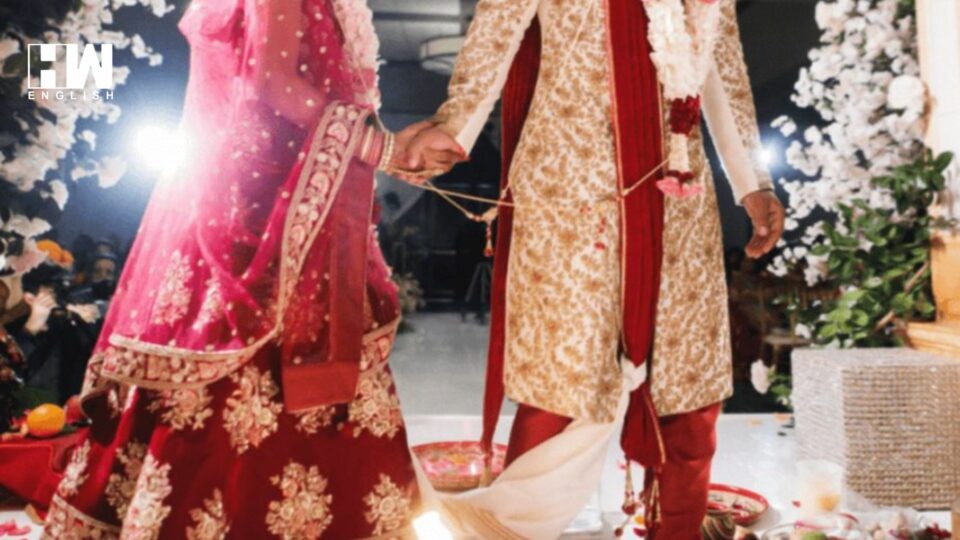The Supreme Court has made significant observations regarding Hindu marriage, emphasizing its solemnity and sanctity while asserting that it cannot be recognized in the absence of a valid ceremony under the Hindu Marriage Act. A bench comprising Justices BV Nagarathna and Augustine George Masih underscored the significance of a Hindu marriage as a ‘samskara’ and a sacrament, urging individuals to consider its sacredness before entering it.
The remarks came in response to a case involving two trained commercial pilots seeking a divorce without a valid Hindu marriage ceremony. The court highlighted that a Hindu marriage is not an occasion for frivolity, extravagant celebrations, or commercial transactions such as dowry exchanges. Instead, it’s a foundational event that establishes a lifelong union between a man and a woman, forming the basic unit of Indian society.
The bench emphasized that a Hindu marriage is a sacrament with a sacred character, symbolized by rituals like ‘saptapadi’ (taking seven steps around the holy fire). Referring to the Rig Veda, the court highlighted the significance of the bride and groom becoming friends and equal partners in the marriage. The court reiterated the importance of monogamy, as enshrined in the Hindu Marriage Act, which has discarded polyandry and polygamy.
ALSO READ: BJP’ Dialing Down On ‘400 Paar’ Slogan?
Moreover, the bench clarified that the Act encompasses various communities beyond Hindus, including Lingayats, Brahmos, Aryasamajists, Buddhists, Jains, and Sikhs, who can enter a valid Hindu marriage. It stressed that compliance with the Act’s conditions and performing requisite ceremonies under Section 7 is essential for a Hindu marriage’s validity.
Addressing the issue of marriage registration, the court noted its significance in providing proof of marriage. Still, it stressed that registration alone does not confer legitimacy if the marriage lacks compliance with the Act’s provisions.
In its ruling, exercising its powers under Article 142 of the Constitution, the apex court declared the estranged couple’s marriage certificate null and void due to its issuance without a valid ceremony under the Hindu Marriage Act. Consequently, the divorce proceedings and dowry case against the husband and his family members were quashed.
The Supreme Court’s observations underscore the sacredness of Hindu marriage and the importance of adhering to legal provisions to ensure its validity and legitimacy.
As an independent media platform, we do not take advertisements from governments and corporate houses. It is you, our readers, who have supported us on our journey to do honest and unbiased journalism. Please contribute, so that we can continue to do the same in future.


